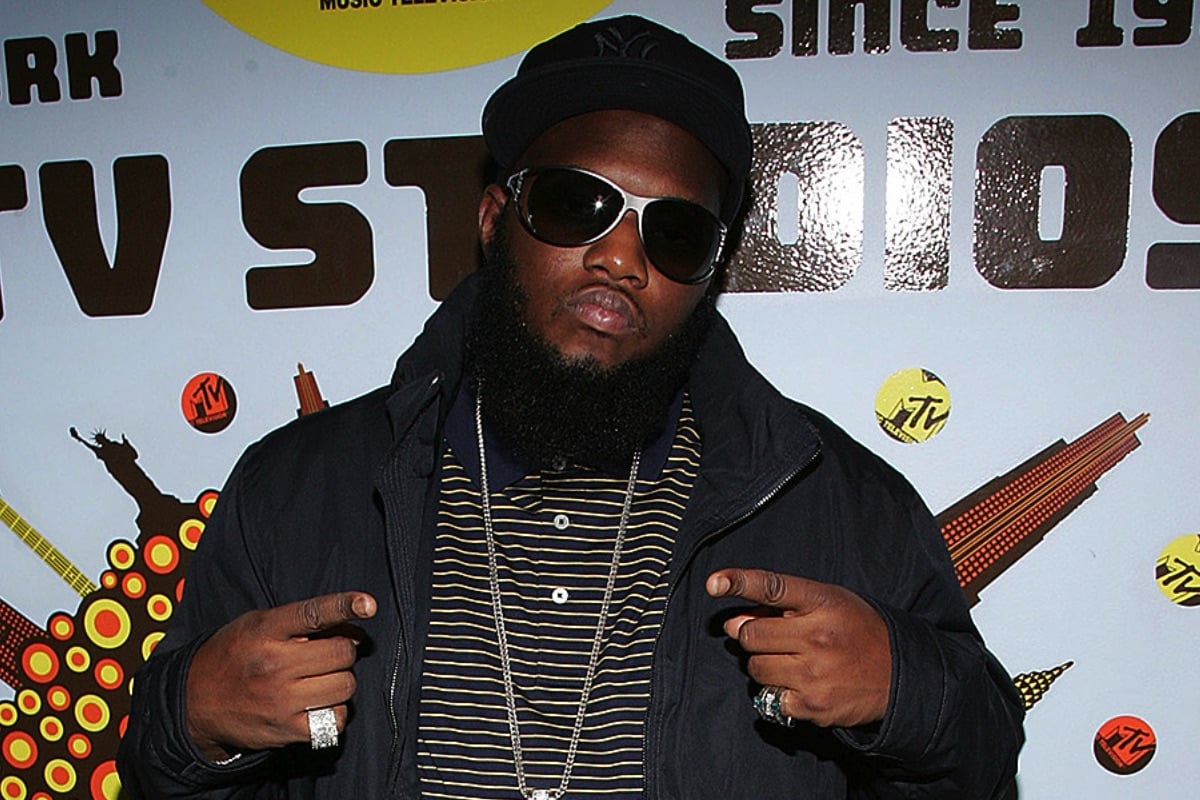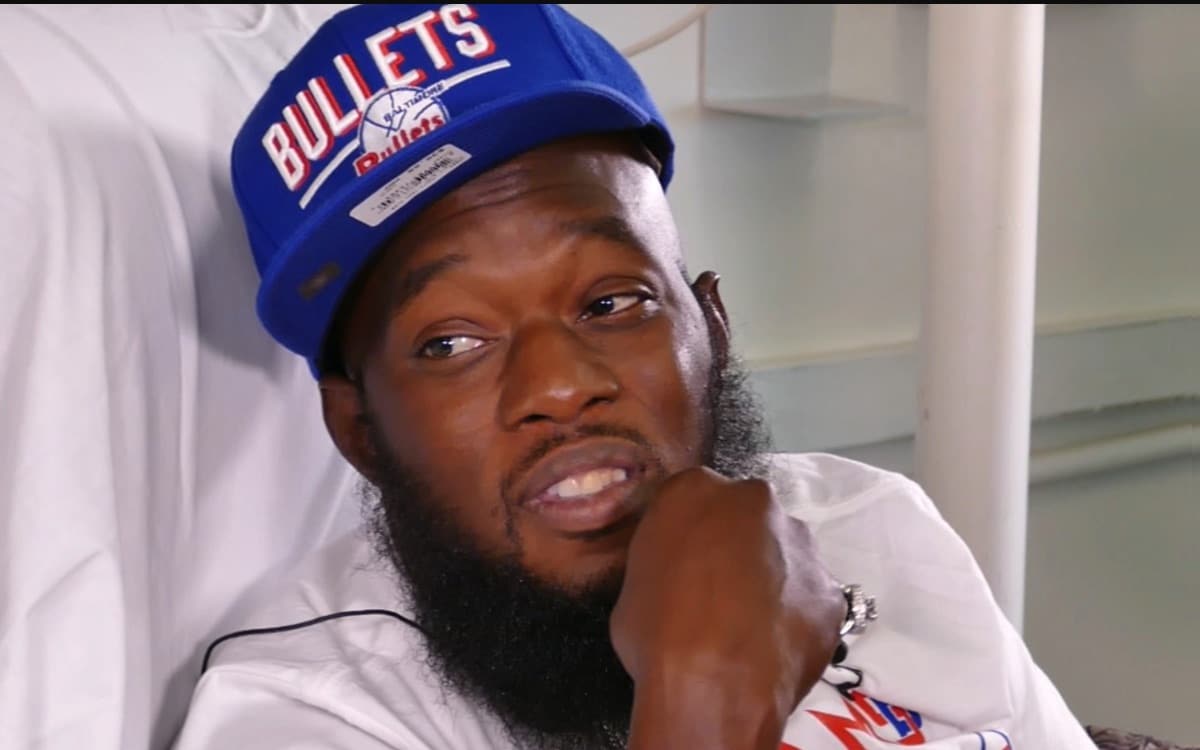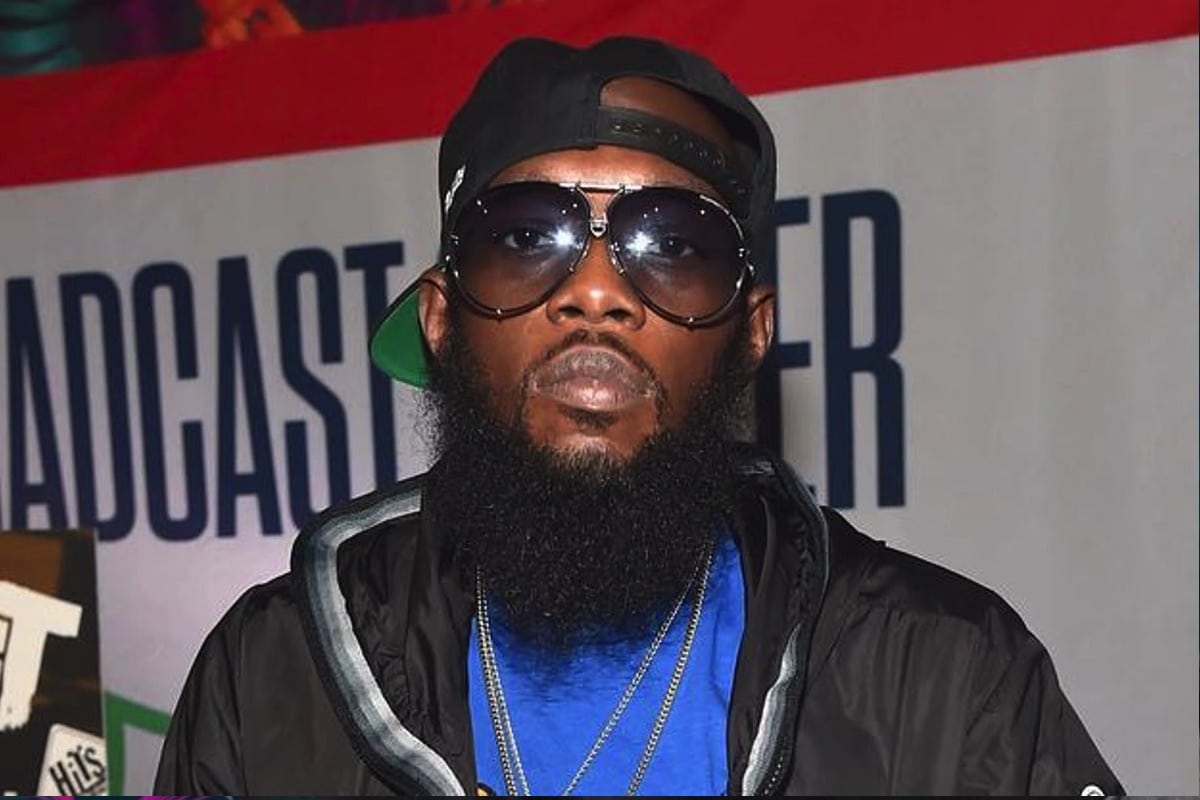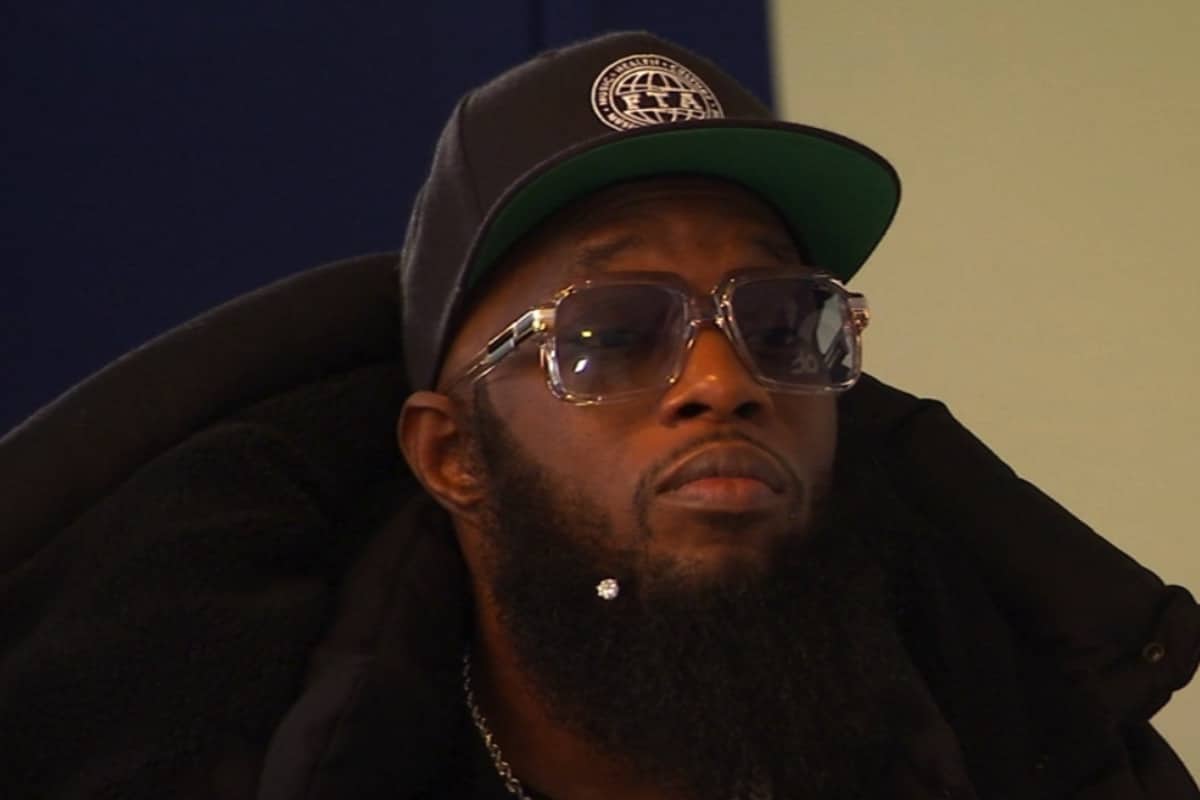Leslie Edward Pridgen, known to the world as Freeway, is not just another name in the hip-hop game; he’s a saga, a Philadelphia legend whose story unfolds like a gritty, unputdownable novel. Born in 1978, this Philly native’s moniker, inspired by a notorious drug trafficker, was a nod to his no-nonsense approach to music. Freeway’s story is a symphony of raw talent, resilience, and evolution, deeply rooted in the streets of Philadelphia, a place known for its unfiltered narratives.
Freeway’s journey to stardom began with high school freestyle battles, but it was his connection with Beanie Sigel that proved pivotal. This meeting was the golden ticket, opening the doors to Roc-A-Fella Records and leading to his explosive debut on Jay-Z’s “The Dynasty: Roc La Familia.” This was more than an introduction; it was a declaration, a moment that carved his name into the hip-hop hall of fame.
2003 was a landmark year for Freeway with the release of his debut album “Philadelphia Freeway.” This wasn’t just an album; it was a Philly family affair, with the heavyweights of Roc-A-Fella, including Just Blaze, Bink!, and a young Kanye West, crafting the sound. Tracks like “What We Do” and “Flipside” weren’t just songs; they were street anthems, resonating beyond the city limits and climbing the charts.
But the hip-hop landscape is as dynamic as it is ruthless. Post the success of “Philadelphia Freeway,” Freeway faced challenges, from Jay-Z’s temporary exit to Beanie Sigel’s legal woes. State Property, the collective he was part of, saw its own share of turmoil. During this phase, Freeway leaned into his faith, embracing Islam, and even formed Ice City. However, Ice City’s narrative was a brief one, marked by internal conflicts and limited success.
“Free At Last” in 2007 marked Freeway’s return, a departure from his debut’s sound and a journey of rediscovery and transformation, reflecting his pilgrimage to Mecca. Despite modest commercial success, this album was a testament to Freeway’s resilience and versatility. In 2009, Freeway briefly joined Cash Money Records and launched his label, Free Money, exploring new sounds and collaborations. Yet, his essence remained in his independent spirit, evident in albums like “Philadelphia Freeway 2” and “Diamond in the Ruff.”
Freeway’s life took a dramatic turn in 2015 with a kidney failure diagnosis. This battle influenced his 2016 album, “Free Will,” where he candidly addressed his struggles. His advocacy for kidney health during this period not only highlighted his musical prowess but also his strength and character.
2018 was a year of triumph as Freeway rejoined Jay-Z, signing with Roc Nation for his sixth album, “Think Free.” This album, alongside the “Think Free” documentary, was a showcase of his journey through life, music, and his battles.
Freeway’s narrative in hip-hop is a testament to the enduring spirit of the genre. His story, from the raw streets of Philly to his battles with health and return to Roc Nation, is a tale of resilience, evolution, and authenticity. In an industry marked by rapid changes, Freeway stands as a pillar of persistence, a true Philly icon whose influence extends beyond music, touching on faith, struggle, and redemption.
Would you like to learn more? Dive deeper into the depths of Freeway in our featured articles below.







